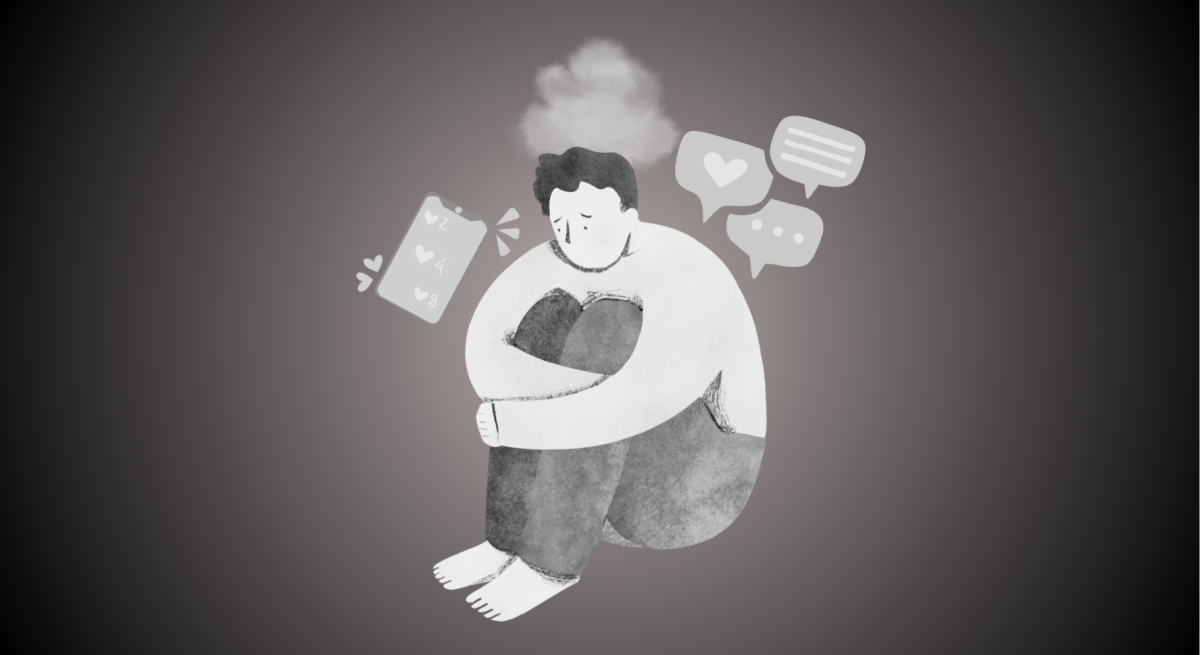Since 2008, September has been nationally known for being Suicide Awareness Month. This month acknowledges individuals who have struggled with or still currently struggle with suicidal idealization. One of the ways that has been extremely popular for acknowledging and/or spreading awareness is through social media. However, through social media, suicide and suicidal idealization, as well as other mental health illnesses are so easily ‘romanticized.’
The term romanticized meaning in this sense, making mental illnesses seem much less severe than they are. When someone romanticizes mental illnesses it also makes them appear as if they are glamorous or desirable to have, which is, in fact, the opposite. The most dangerous thing about romanticizing mental health illnesses is at some point it is not just spreading awareness anymore, it is influencing someone to want those mental health illnesses. Going along with that, a horrifically gross amount of the time we see mental health being humorized. With memes being created to be “painfully relatable.” This makes it seem like these mental health issues are much less serious and more of a “joking matter.” When someone makes jokes about seriously insensitive topics, such as acts of violence, it is seen to be offensive to those who have gone through those events or had those experiences. So why is it any different when someone makes serious mental health illnesses into that of a joking matter? It is not any different at all.
That being said, romanticizing mental health online can also lead to a great amount of misrepresentation of what actually goes on. This misrepresentation can also lead to mental health being oversimplified from what it actually is.
Misrepresentation can be seen in a multitude of ways, one of the most popular being aesthetically pleasing graphics. Although pretty, these “aesthetically pleasing” graphics do not even begin to capture the whole gravity of what mental health is. Sure, they do spread awareness to a point, but after a while, it is just being beautified from what these disorders and illnesses actually are. As well as that, it also makes mental health diseases seem cute, when in reality it is far from being so. Spreading mental health awareness through “adorable” graphics and “cute” photos is not only dragging away how serious mental health is, it is also making the suffering look desirable or cute.
Another common issue that is seen to water down the reality of mental health on social media is self diagnosis. This is often caused by confusing symptoms with one another. For example, there is a tremendous difference between just being sad, which is a completely normal feeling for everyone, than being depressed. When someone self diagnoses themselves it can be extremely dangerous for them, because if they are telling themselves they have a certain mental health disorder they are more likely to actually develop it. It can also make those who have a certain condition feel as though their condition is not or should not be that serious, when in fact, it is the exact opposite of the truth.
Although representation is very beneficial for spreading awareness, that does not mean it should be made into a cute graphic or image. Mental health is so much far deeper than just a cute graphic on social media.
Mental health is not simple and should not be dealt with alone, if there is serious treatment that is needed to be acquired, do not be afraid to speak up. Struggling alone is far more difficult than seeking the help that is necessary.



